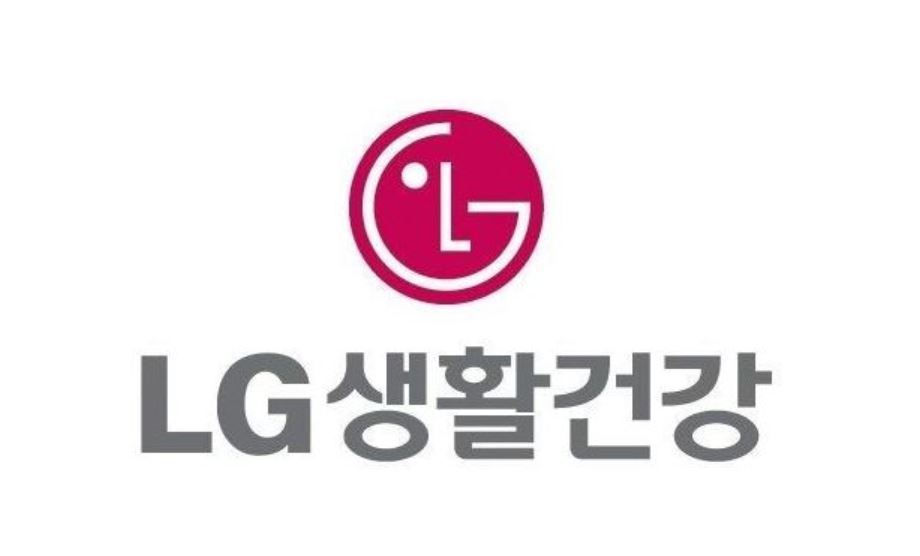 |
(LG Household & Health Care) |
South Korean household goods and cosmetics maker LG Household & Health Care Ltd. said Thursday its net profit surged to a record high in the second quarter this year, thanks to robust sales of luxury-brand cosmetics in China.
In the April-June period, the company's net income expanded 10.6 percent on-year to 226.4 billion won ($196.8 million), the company said in a statement posted on its website.
Its operating profit increased 10.7 percent on-year to 335.8 billion won, with sales growing 13.4 percent to 2.02 trillion won.
All three figures marked the firm's steepest growth in all second-quarter earnings since its launch in 2001.
LG Household & Health Care said its January-June earnings also expanded at the fastest pace of all first-half performances.
During the cited period, net income expanded 10.6 percent on-year to 485.2 billion won.
Its operating profit increased 10.9 percent on-year to 706.3 billion won, with sales climbing 10.3 percent to 4.06 trillion won.
LG Household & Health Care said the company posted record performances on strong sales in its beauty segment, particularly those of luxury cosmetics products in China.
"Despite the lingering impact from the new coronavirus pandemic, steep growth in the luxury cosmetics segment and China operations accelerated the company's recovery in sales and operating profit to the pre-pandemic level," LG Household & Health Care said in a statement.
"'The History of Whoo, 'O HUI' and 'SU:M37' performed well in the competitive Chinese luxury cosmetics market, projecting high demand for our products," the company said.
First-half sales of its beauty business soared 14.3 percent on-year to 2.27 trillion won, with the segment's operating income swelling 18.4 percent to 473.3 billion won.
Sales of its home care and daily beauty (HDB) sector increased 8 percent on-year to 1.02 trillion won, while operating profit fell 2.7 percent to 125 billion won.
The refreshment division posted sales of 766.8 billion won, up 2.5 percent from a year earlier, but its operating profit decreased 0.7 percent to 108 billion won on the rising cost of aluminum cans. (Yonhap)








